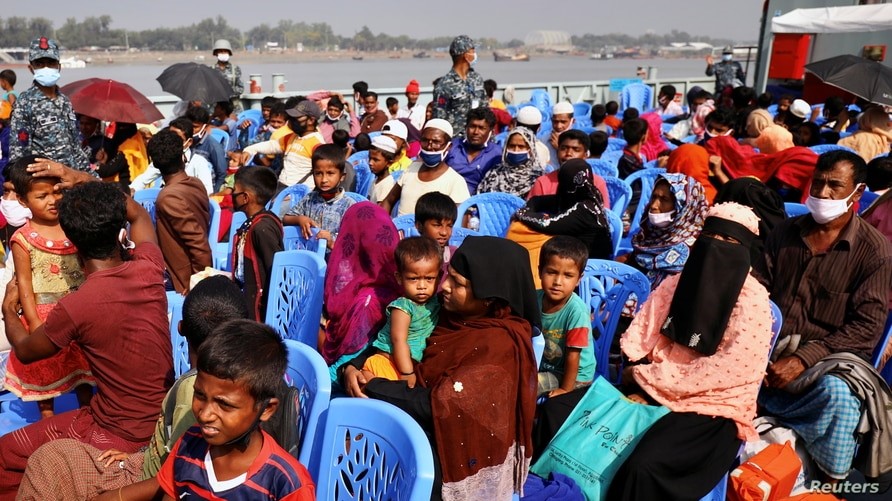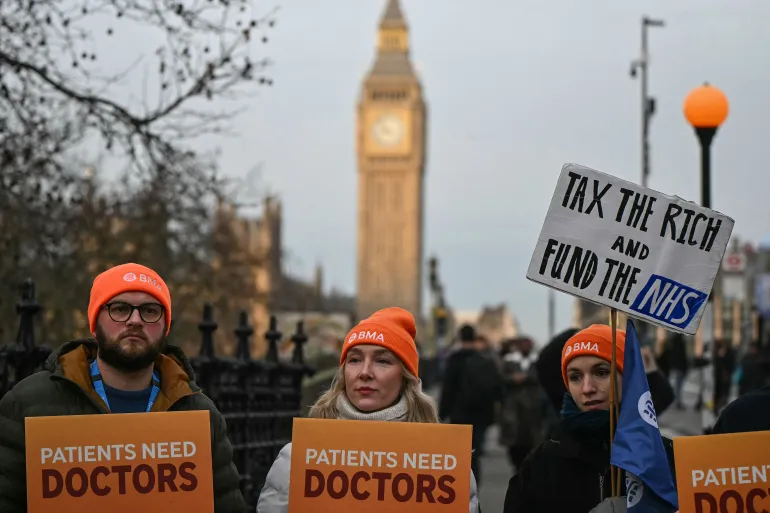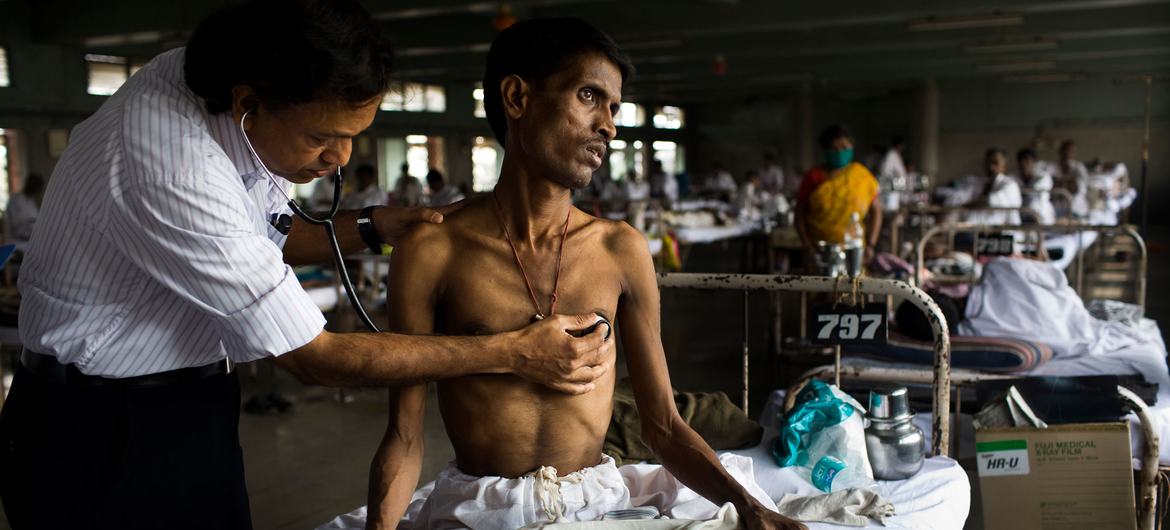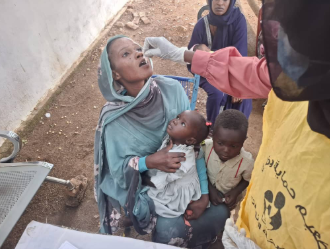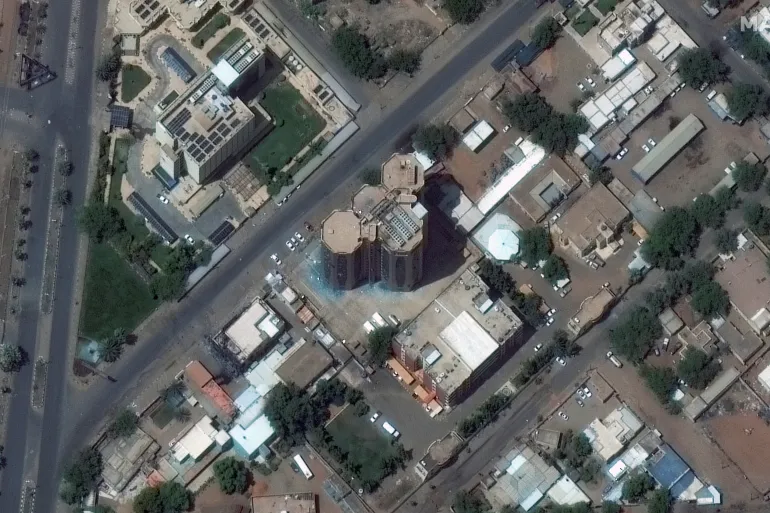The Smoke Thins, but the Fire Smoulders

WHO is now urging governments to close gaps, toughen enforcement, and recommit to the fundamentals/WHO
Two decades after the adoption of the WHO Framework Convention on Tobacco Control, the war on tobacco has made measurable gains—but the battle is far from won. A new report from the World Health Organization, launched at the World Conference on Tobacco Control in Dublin, warns that tobacco industry interference, lax enforcement, and uneven progress threaten to blunt the effectiveness of one of public health’s most successful campaigns.
The report assesses global implementation of the MPOWER strategy—six evidence-based measures promoted by WHO since 2007 to curb tobacco use, a habit that still claims over 7 million lives annually. These include monitoring tobacco use, enacting smoke-free laws, offering cessation support, warning about health risks, banning advertising, and raising tobacco taxes.
Progress has been striking in some areas. In 2007, only one billion people were protected by at least one MPOWER measure. Today, that number exceeds 6.1 billion, or roughly three-quarters of the world’s population. Four countries—Brazil, Mauritius, the Netherlands, and Türkiye—have fully implemented the framework. Seven others, including Ireland, New Zealand, and Mexico, are one measure away from doing so.
But the victories are patchy. Forty countries have yet to enact a single measure at a best-practice level. More than 30 still allow cigarette sales without mandatory health warnings. Only one-third of the global population has access to cost-covered quit services. While 110 countries now require graphic health warnings on cigarette packs (up from nine in 2007), anti-tobacco media campaigns remain rare. A majority—110 countries—have not run one since 2022.
Taxation, a proven deterrent, remains underused. Just three countries have raised tobacco taxes to best-practice levels since 2022. Cigarettes remain as affordable as ever in 134 jurisdictions.
Second-hand smoke kills an estimated 1.3 million people each year, yet only a third of the world’s population is protected by comprehensive smoke-free laws. Industry lobbying continues to dilute legislation, especially in hospitality settings.
Meanwhile, the rise of electronic nicotine delivery systems (ENDS) has prompted governments to play regulatory catch-up. The number of countries with ENDS regulation has risen from 122 to 133 in two years, but over 60 countries still have no laws on the books.
WHO is now urging governments to close gaps, toughen enforcement, and recommit to the fundamentals. The message from Dr Tedros Adhanom Ghebreyesus, WHO’s director-general, was clear: “We have many successes to celebrate, but the tobacco industry continues to evolve—and so must we.”
WHO


